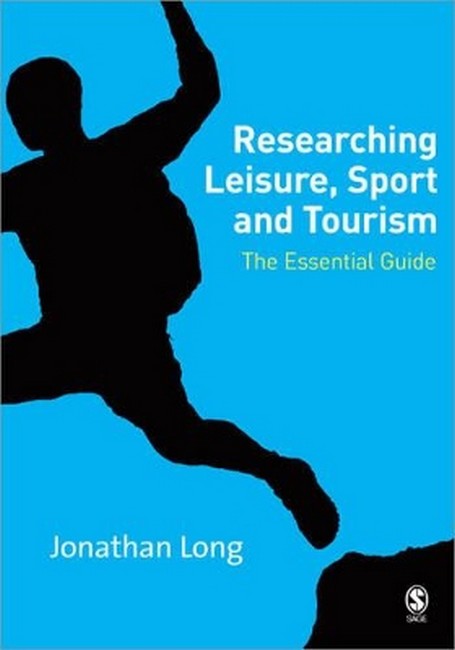Initially trained as a geographer, Jonathan has now been researching in the field of leisure studies for 30 years. Prior to joining Leeds Metropolitan University, he was Research Director at the Tourism and Recreation Research Unit and the Centre for Leisure Research in Edinburgh. His experience embraces all stages of the research process from design to dissemination and his research utilises both quantitative and qualitative research techniques. He has extensive experience of managing external contracts having now directed or jointly directed some fifty projects. In the past he has also chaired the management committee of Theatre Workshop (Edinburgh) and been on the marketing and promotion working group for Jazz Platform. Jonathan was also a founding member of the Editorial Board of the journal, Leisure Studies, and has been its Book Reviews Editor and Managing Editor. He is an Academician of the Academy for Learned Societies in the Social Sciences and a member of the Accreditation Panel for the Racial Equality Standard for Professional Football Clubs.
Request Academic Copy
Please copy the ISBN for submitting review copy form
Description
Wanting to Know Ways of Knowing, Ways of Seeing Finding What is Already There - and Putting It to Use Subjects, Respondents, Participants and Collaborators Social Surveys Setting Questions Interviewing - Openness with a Sense of Purpose Observation Techniques - Using Your Eyes and Ears Interpreting Texts Evaluation Techniques Analysing Quantitative Data Analysing Qualitative Data Data Display The Responsibilities of the Researcher Ways of Seeing, Ways of Thinking Ways of Writing and Communicating
This book would be useful for any leisure, sport, or tourism student who has no previous knowledge of research methods. Its style and language make it particularly useful for first year students in degree or diploma programs... well conceived and easy to read and understand. -- Annals of Tourism Research I like this book very much. The style of writing is wonderfully clear and the author explains areas such as sampling and significance in a much better way than many very well known texts. It will be an incredibly useful book for students. Though the author eschews a recipe book approach there is a nice balance between reflecting on method and showing the reader how to do research through a pragmatic, best practice approach. -- Malcolm Williams

